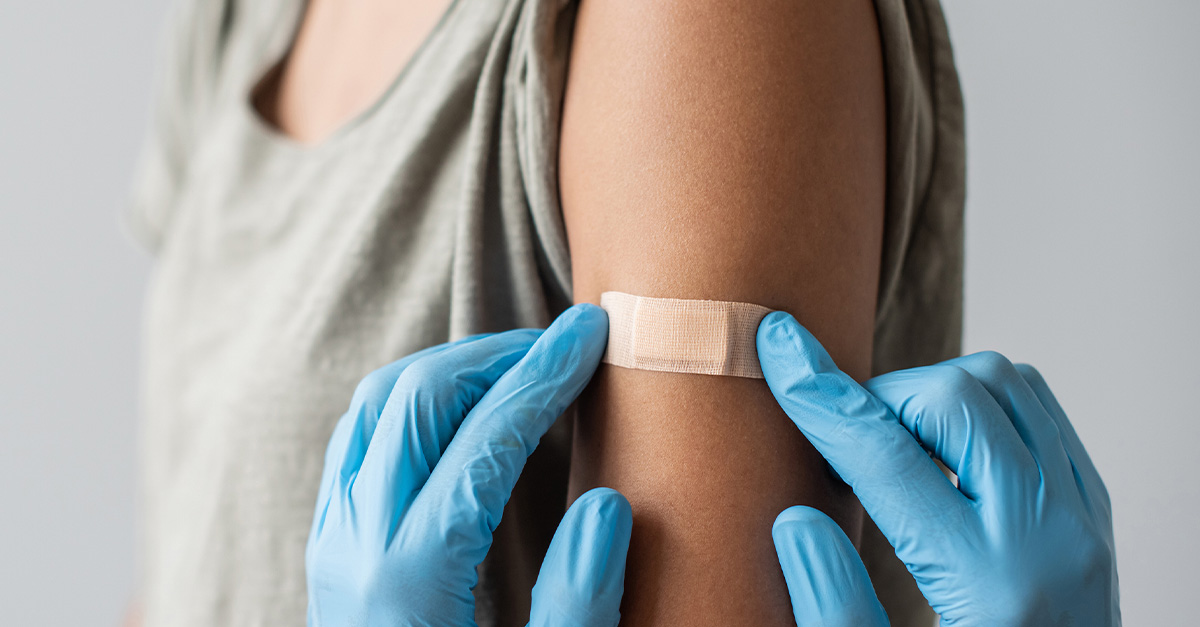During adulthood, immunizations continue to be essential to your overall wellness just as they were throughout childhood. In many cases, adult vaccines will help you avoid serious illnesses altogether. Should you still get sick, you may be able to sidestep severe symptoms, avoid complications, and recover more quickly.
No matter your age, here are some important vaccines you should know about.
Tdap
Tdap is a class of vaccines in combination that protect you against the following infectious diseases in a single shot: tetanus, diphtheria, and pertussis. The diseases Tdap protects against can be serious at any age, but they’re especially dangerous for newborns and infants. For this reason, the vaccine is recommended for pregnant women between 27 and 36 weeks of each pregnancy to provide immunity for their babies.
Other adults who will also be in contact with newborns should receive a Tdap shot at least two weeks before holding or hovering over the baby if their vaccines aren’t up-to-date. But even if you don’t plan to be around any babies any time soon, you should receive a booster every ten years, or after a severe injury if it’s been more than five years since your vaccination.
Shingrix
Shingles are caused by the same virus that causes chickenpox: varicella-zoster virus (VZV). If you’ve had chickenpox before (99% of people born before 1980 have), the virus can remain dormant in your body and reactivate later, causing shingles. The rash is uncomfortable and itchy in itself, but it can lead to other complications like nerve pain, vision loss, and pneumonia. Fortunately, the Shingrix vaccine can protect you. See your doctor for this adult immunization if you’re over the age of 50, or if you’re 19 or older and immunocompromised.
Flu
Most everyone over the age of six months should receive an annual flu shot. Keep in mind that you’ll need a new vaccine each year, as the formula is updated based on the previous season’s viral activity. For the greatest protection, get your vaccination before flu season starts in October.
COVID-19
Like the flu, everyone six months and older should receive a COVID-19 vaccination to protect against potentially serious illness. Also similar to the flu, the vaccine has been updated to offer broader protection against current strains. The CDC recently published vaccine recommendations based on your age, vaccination status, and whether or not you’re immunocompromised. But talk to your family health provider if you have questions about when your next COVID booster may be due.
RSV
Respiratory syncytial virus (RSV) typically causes a mild respiratory infection, with symptoms clearing up within a couple of weeks. For babies and older adults, however, the illness can become serious. If you’re 60 or older, you may qualify for the adult vaccine. Visit your provider by early fall to discuss your candidacy, before cases start to spike.
Pneumococcal Vaccine
The pneumococcal vaccine offers protection against the bacterium Streptococcus pneumoniae, which causes certain cases of pneumonia, meningitis, and sepsis. There are two types of adult immunizations, and the right vaccine schedule for you will depend on your age, risk factors, and whether you’ve already received a shot. Your primary physician is the best source of information when it comes to understanding when you should receive this vaccine.
Additional Vaccines
Depending on the shots you’ve already been given and other health factors, this may not be a comprehensive list of all of the adult immunizations you need. For instance, if you’re 19 to 59 years old and haven’t yet received the Hepatitis B vaccine, or if you’re 60 or older and have certain risk factors such as damage to or inflammation of the liver, you may be due to this shot. Likewise, people born after 1957 may need an MMR (Measles-Mumps-Rubella) booster, unless blood work confirms that you have immunity against the measles.
Schedule an Immunization Appointment With a Morgan Medical Center Family Medicine
Allow our family medicine providers to get you up to date with any adult vaccines you may need, and create a plan for future boosters. Schedule an appointment by calling (706) 438-1275 or by submitting a request form online.

